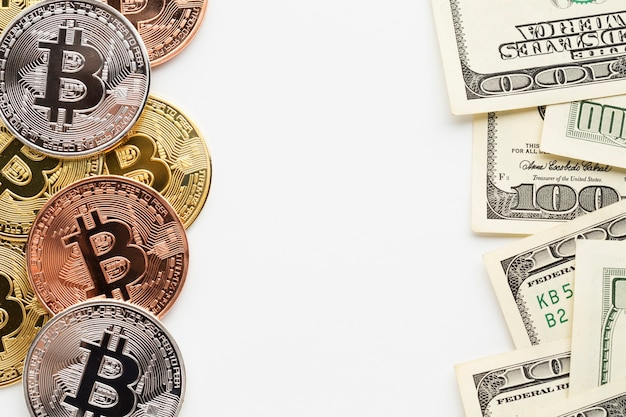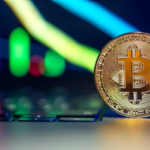
The US dollar has long stood as the world’s primary reserve currency, deeply embedded in international trade, finance, and global markets. Yet, amid the rise of cryptocurrencies, particularly Bitcoin, some question whether the dollar’s supremacy is under threat.
Bitcoin’s role in the global financial system has been a subject of intense debate, especially as nations and institutions seek alternatives to traditional fiat currencies. Is Bitcoin the catalyst for a new reserve currency, or is it simply a speculative asset?
The US Dollar’s Dominance
Since the Bretton Woods agreement in 1944, the US dollar has been central to global finance. It is used in the majority of international trade, and central banks hold large reserves in USD. However, recent shifts, including the rise of digital currencies and alternative payment systems, signal that the dollar’s grip may be loosening.
Countries like China and Russia have been exploring alternatives to the dollar, and some nations have even begun experimenting with central bank digital currencies (CBDCs). These changes are contributing to the growing discussion about whether the dollar will maintain its supremacy in a digital-first world.
Bitcoin’s Rise: A Challenge to the Dollar?
Bitcoin, often referred to as “digital gold,” has gained recognition for its decentralized nature and fixed supply, making it an attractive hedge against inflation and a store of value.
Unlike traditional fiat currencies, Bitcoin operates on a peer-to-peer network without central authority interference, providing an alternative to the monetary policies of central banks. This unique feature could make Bitcoin an appealing option in a world seeking to diversify away from the US dollar.
Over the past few years, institutional adoption of Bitcoin has surged. Major companies, such as MicroStrategy and Tesla, have invested in Bitcoin, and Bitcoin ETFs have started to gain traction.
Additionally, nations have recognized Bitcoin as legal tender, marking a significant milestone in its legitimacy as a global asset. Central banks, too, have shown increasing interest in Bitcoin, as some see it as a potential component of their reserve assets.
However, Bitcoin’s volatility remains a key concern for those looking for stability in reserve currencies. Despite its long-term growth potential, Bitcoin’s price swings present challenges in terms of trust and liquidity, which are critical features for a global reserve currency.
Bitcoin and the Future of Reserve Currencies
While Bitcoin is unlikely to replace the dollar immediately, it may contribute to a new financial ecosystem. Several challenges need to be addressed for Bitcoin to play a significant role as a reserve currency:
Volatility: Bitcoin’s price swings make it unsuitable for global reserves. Stable digital assets, perhaps backed by Bitcoin, could become a better option.
Scalability: Bitcoin’s network currently faces issues around transaction speed and energy consumption. Solutions like the Lightning Network aim to improve these, making Bitcoin more viable for large-scale use.
Regulation: Bitcoin’s decentralized nature may conflict with the regulatory frameworks of many nations. Clear, global regulations will be essential for its wider adoption.
Adoption: For Bitcoin to be a reserve currency, it needs widespread acceptance by governments, businesses, and financial institutions.
The Rise of Digital Currencies and the Reserve Currency Debate
Bitcoin may not completely replace the dollar, but its rise is part of a broader shift toward digital currencies. Central bank digital currencies (CBDCs) are being developed by many countries and may coexist with Bitcoin in a diversified global reserve currency system. Experts speculate that a basket of digital assets, including Bitcoin, could underpin a future reserve currency system.
What This Means for Investors
The future of global finance is rapidly evolving, and Bitcoin plays an important role in that transformation. At Kenson Investments, we offer insights into the changing landscape of digital assets and their potential for long-term growth.
Explore emerging investment opportunities in the world of digital assets at Kenson Investments. Our digital asset management consultants are here to guide you through the evolving market landscape.
Disclaimer: The information provided on this page is for educational and informational purposes only and should not be construed as financial advice. Crypto currency assets involve inherent risks, and past performance is not indicative of future results. Always conduct thorough research and consult with a qualified financial advisor before making investment decisions.
“The crypto currency and digital asset space is an emerging asset class that has not yet been regulated by the SEC and US Federal Government. None of the information provided by Kenson LLC should be considered as financial investment advice. Please consult your Registered Financial Advisor for guidance. Kenson LLC does not offer any products regulated by the SEC including, equities, registered securities, ETFs, stocks, bonds, or equivalents”














